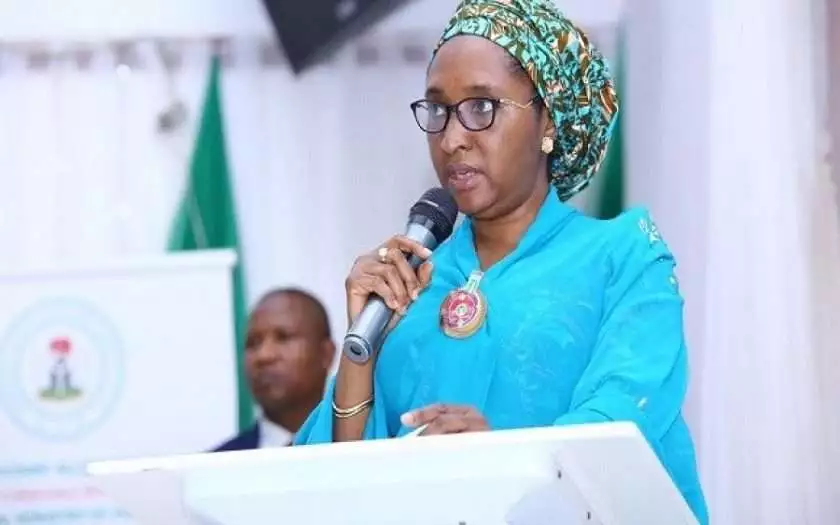By Fola James
For over 40 years Nigeria’s per capital income, PCI remains the same, according to the World Bank country director Shubham Chaudhuri, who said successive administrations in the country have not done much to improve the PCI.
PCI is derived by dividing a nation’s Gross Domestic Product, GDP by its total population. According to the National Bureau of Statistics, NBS Nigeria’s GDP stood at over $514 billion as at the middle of 2021. It is the highest in the continent followed by Egypt and South Africa with $39 billion and $329 billion, respectively.
In contrast, Seychelles has the highest PCI in Africa of $25,699 while that of Nigeria is just $2,052, according to figures obtained from international development institutions such as the IMF and World Bank.
What this means is that the living standard, LS in countries such as Seychelles, Gabon and Algeria is higher than that of Nigeria because of their higher PCI.
The Living Standard Survey, LSS is used for measuring poverty and living standards in the country and is used to estimate a wide range of socio-economic indicators including benchmarking of the Sustainable Development Goals. Nigeria, according to checks has not been consistent in conducting LSS.
But speaking at the Nigerian Economic Summit, NES on Monday the world Bank country director said those that have governed the country for more than four decades has not done much to increase the PCI, which he said has remained at the same level as 1981.
Nigeria’s PCI in 1981 was $2,180.2 and $2,097 in 2020, according to World Bank figures.
Chaudhuri said there are great potentials that are yet to be tapped in other to set the country on the path of development and growth.
“Nigeria today has real per capita income that was the same as 40 years — in 1981. This means someone whose growth has been stunted.
“I heard the honourable minister talking about the medium term development plan, which has all the right ingredients. It will take time to get (the country) back to its full potential — it can’t happen overnight,” the World Bank chief said.
He explained further than economic managers must make difficult decision that can help the country grow economically, adding that this is necessary to stop imminent decline.
He advised the government to end the subsidy regime on petrol and channel such resources to improving other critical sectors such as provision of infrastructure, education and health care services which can improve the conditions of Nigerians.
He said “Nigeria is at a point in time where some critical decisions need to be made. It’s almost like the immediate treatment to halt further decline.
“I think the urgency of doing something now is because the time is going in terms of retaining the hope of young Nigerians in the future and potential of Nigeria.





